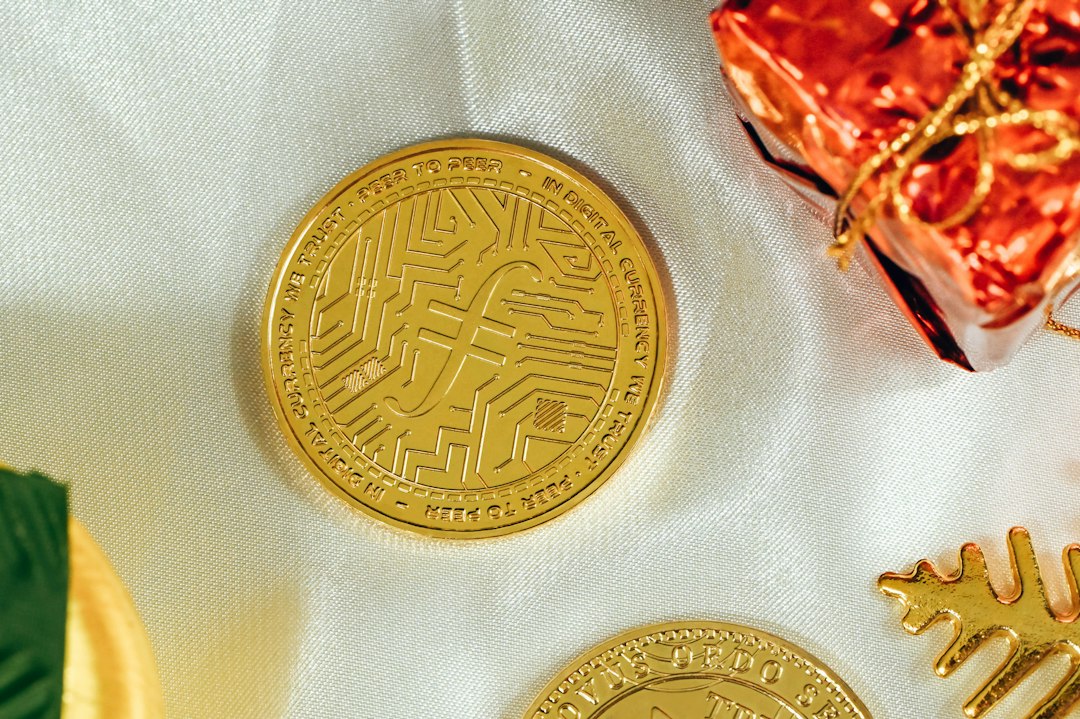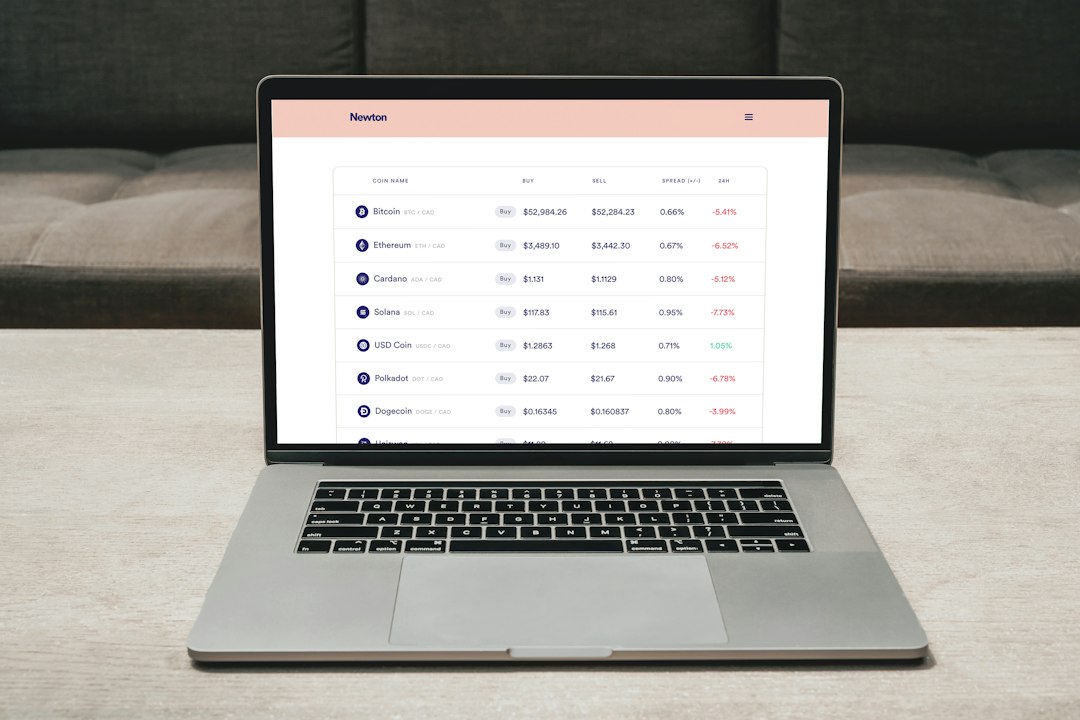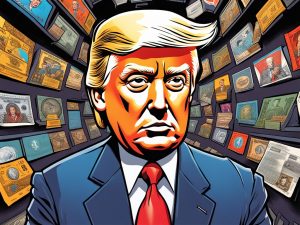The UAE Government’s “Free Economic Zones” Attract Innovators
A Chainalysis report reveals that the United Arab Emirates (UAE) has become a leading hub for cryptocurrencies. This is due to the country’s innovation-friendly regulations and its ability to attract fintech-savvy entrepreneurs. Over $35 billion worth of crypto transactions flowed through the UAE in the year leading up to June 2023. Many fintech entrepreneurs and Bitcoin miners are eager to do business in the country, with major companies like Gemini, Bybit, and Crypto.com already opening offices there.
The UAE’s success in attracting crypto enthusiasts can be attributed to its forward-thinking approach. In 2016, Dubai implemented a comprehensive blockchain strategy that addressed various aspects of the technology, including network formation, operating models, and smart contracts. Additionally, Dubai launched the Virtual Asset Regulatory Authority (VARA) in 2022, further solidifying its pro-crypto stance.
The UAE Government’s Pro-Crypto Stance
Dubai’s approach is indicative of the broader pro-crypto stance taken by the UAE. The Abu Dhabi Global Market has established the world’s first crypto regulatory framework, while federal reforms have given regulators like VARA more flexibility in regulation. The UAE also introduced a crypto business licensing program in April.
All these efforts have led to increased interest from fintech and digital asset players, as well as fostering innovation in the country. The UAE has also seen a surge in Bitcoin mining firms, with its operational mining capacity reaching four percent of Bitcoin’s global hash rate.
The View on the Ground
While the UAE remains supportive of digital technology and innovation, it does not tolerate fraud or malfeasance. Recently, VARA imposed a $2.7 million fine on OPNX for failing to adhere to marketing and advertising standards. Local officials have become stricter in order to prevent fraud and maintain the country’s reputation.
However, the presence of different laws in free zones and on a government level does not indicate friction. According to Laura K. Inamedinova, a partner at Illuminati Capital, Dubai remains a haven for innovation and revolutionary ideas. Startups and new projects may need to navigate complex regulations, but this tradeoff could lead to greater mass adoption of crypto in the long run.
Navigating the UAE’s Regulatory Complexities
Despite the complexities of regulations, Inamedinova believes that Dubai is a hot spot for local and international Web3 projects. Different startups may have different perspectives on regulatory requirements, but overall, these steps are necessary to ensure the safe adoption of Web3 technology by more people.
The UAE’s success in becoming a leading crypto hub can be attributed to its supportive regulatory environment, forward-thinking strategies, and willingness to experiment with digital technology.
Hot Take: The UAE’s Crypto Boom Driven by Innovation-Friendly Regulations
The United Arab Emirates has established itself as one of the world’s top crypto hubs thanks to its innovation-friendly regulations and ability to attract fintech-savvy entrepreneurs. With over $35 billion worth of crypto transactions flowing through the country in the year leading up to June 2023, it is clear that many fintech entrepreneurs and Bitcoin miners want to do business there. The UAE’s success can be attributed to its comprehensive blockchain strategy rolled out in 2016, as well as its pro-crypto stance exemplified by the launch of the Virtual Asset Regulatory Authority (VARA). While regulators are getting tougher on noncompliant firms, Dubai remains a haven for innovation and revolutionary ideas. By navigating regulatory complexities, the UAE aims to bring Web3 technology to more people in a safer way.





 By
By
 By
By
 By
By
 By
By
 By
By
 By
By